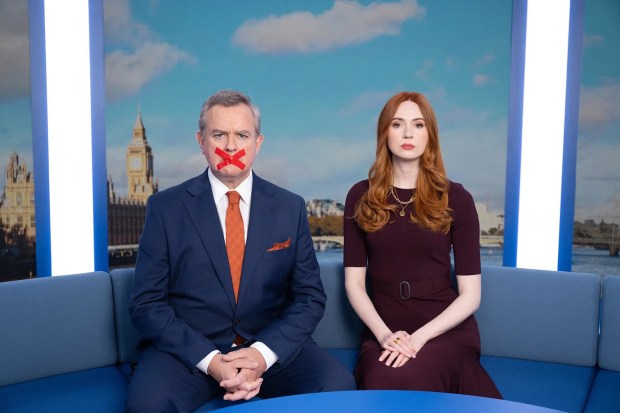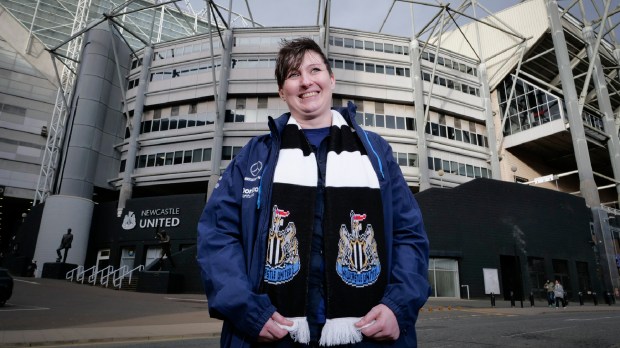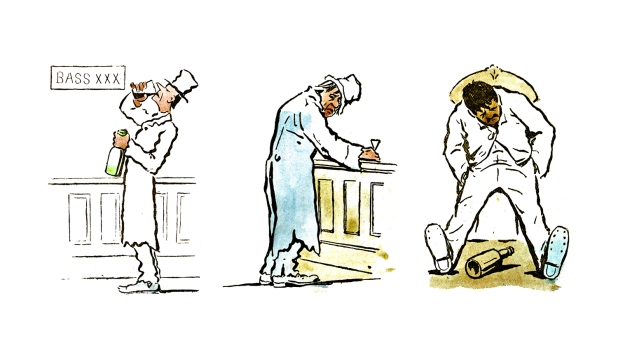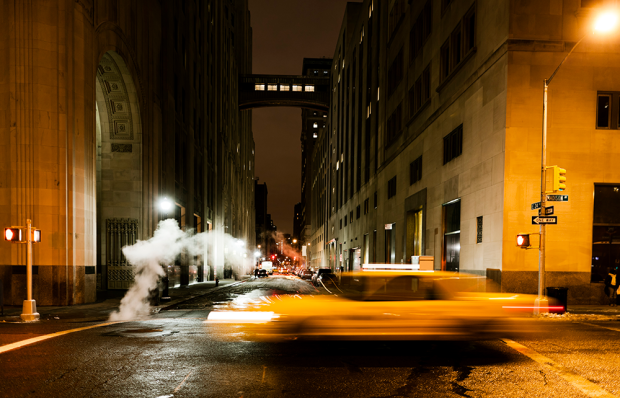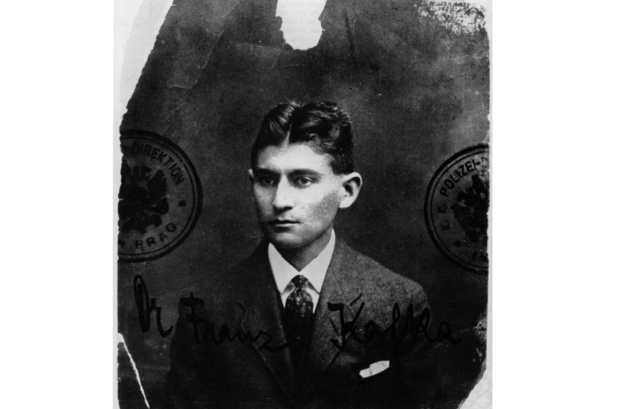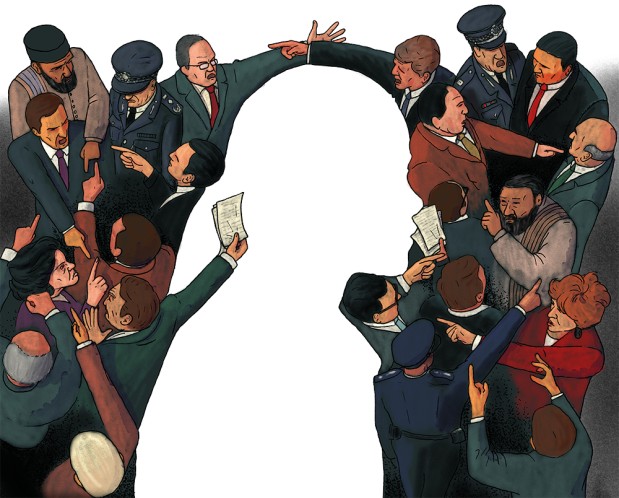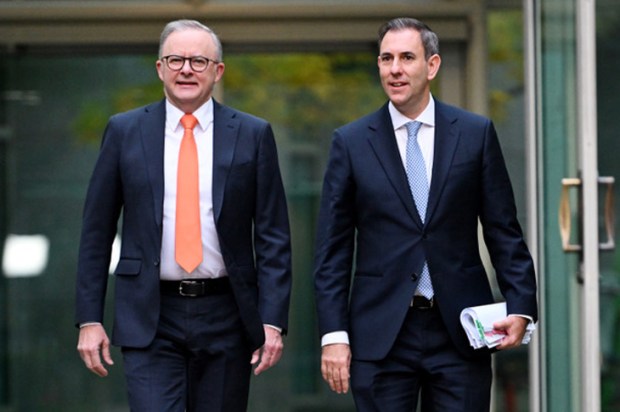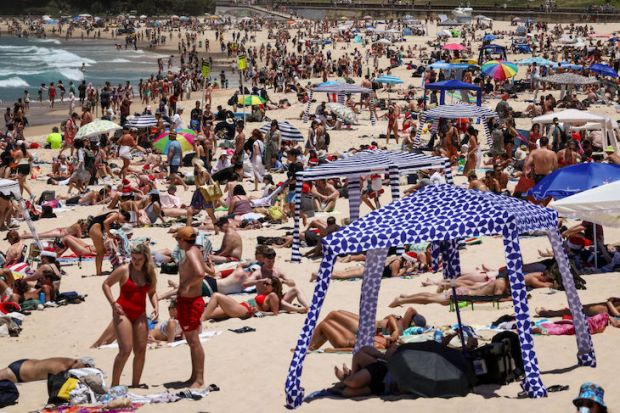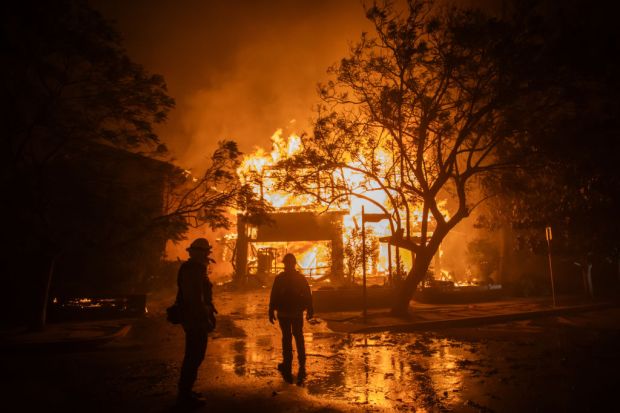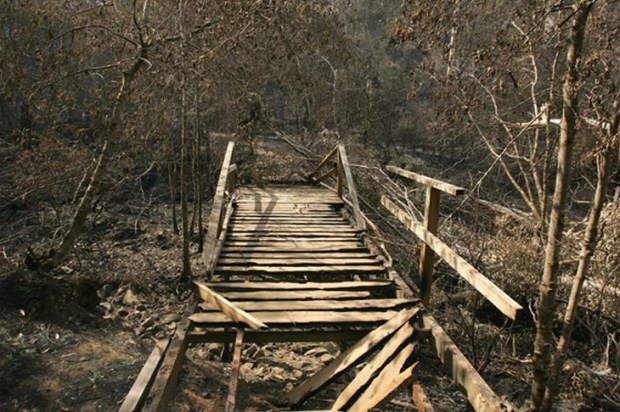One of the biggest regrets of my life was saying yes when Jo Johnson asked if I wanted to be on the board of the Office for Students (OfS) in the autumn of 2017. It wasn’t a particularly prestigious position: the OfS was to be a new regulator of higher education in England and I would be one of 15 non-executive directors. But because it was a public appointment it would be made by the prime minister, which meant I was a political target. When it was announced on 1 January 2018, the offence archaeologists went to work, sifting through everything I’d said or written dating back 30 years in the hope of finding evidence that I wasn’t a suitable person to take up the role. The idea was to force me out, embarrass Theresa May and end my career into the bargain.
Most fair-minded people will think I paid a heavy price for having said some silly things in the distant past
Needless to say, within hours they had dug up a Tutankhamun Tomb’s-worth of ‘offensive’ material and eight days later I resigned. Shortly afterwards, I had to step down from four other positions, including my full-time job as head of the New Schools Network, a free schools charity. I lost a stone in weight, my income was cut in half and I became a social pariah. The hardest blow was having to sever all links with the four schools that I’d helped to set up, the product of ten years of voluntary work and my proudest achievement.
So when Kemi Badenoch put my name forward for a peerage, I felt a sense of redemption but also fear that history would repeat itself. What if someone leaked the fact that I’d been nominated before the Cabinet Office or the House of Lords Appointments Commission (HOLAC) had had a chance to consider it? Would the Labour party press office whip up a Twitter storm in the hope of forcing me to pull out? In the weeks leading up to Friday 20 December, when it was officially announced, I checked the papers every day, terrified the story would leak. I’d be cancelled all over again and this time I’d have to resign as director of the Free Speech Union, the organisation I’ve spent the past five years building.
I confided in a friend who used to work in Downing Street. If my name did leak, should I tour the television studios, defending myself? In 2018, I hadn’t done that, having been advised to lie doggo, and I’m still not sure whether it was the right decision. No, he said. People put forward for honours aren’t supposed to talk about it and to do so would be a breach of protocol, even if it was in the public domain. Indeed, doing so might itself be a reason to veto me. Much better to get a respected public figure to make the case for the defence. Could I think of anyone willing to put their reputation on the line? I ended up asking one of my most distinguished female friends and, bless her soul, she said yes.
In the end, the news didn’t leak, although that didn’t stop the usual suspects from trying to organise a mobbing when my appointment was eventually published on the government’s website. Alan Rusbridger, ex-editor of the Guardian, posted a tweet in which he upbraided HOLAC for approving me and included a compendium of sophomoric comments I’d made in the past. Michael Rosen, the left-wing children’s poet, fumed about my lockdown scepticism. The National, an SNP newspaper, reminded its readers that I’d once called the people of Scotland ‘ungrateful’ for the subsidies they get from English taxpayers. But this time round, the storm blew itself out.
I think there are several reasons for that. Seven years ago, the announcement was made on the first day of January, which is always a fallow period for news, whereas my peerage was made public on one of the busiest news days of the year. Then there’s the fact that it’s much easier to get someone to resign from the board of a regulator than to renounce a peerage, particularly after it’s been approved.
Finally, to punish someone twice for the same crimes would seem like a breach of natural justice – almost as if the double jeopardy rule applies, even to offence archaeology. I like to believe that most fair-minded people will think I paid a heavy price for having said some silly things, most of them in the distant past, and deserve a second chance. Britain is still a Christian country, after all.
Or perhaps it’s a sign that cancel culture is on the way out. If so, I hope the work of the Free Speech Union, which has defended more than 3,000 people who’ve got into trouble for exercising their right to lawful free speech, has played a small part.
Got something to add? Join the discussion and comment below.
You might disagree with half of it, but you’ll enjoy reading all of it. Try your first month for free, then just $2 a week for the remainder of your first year.



